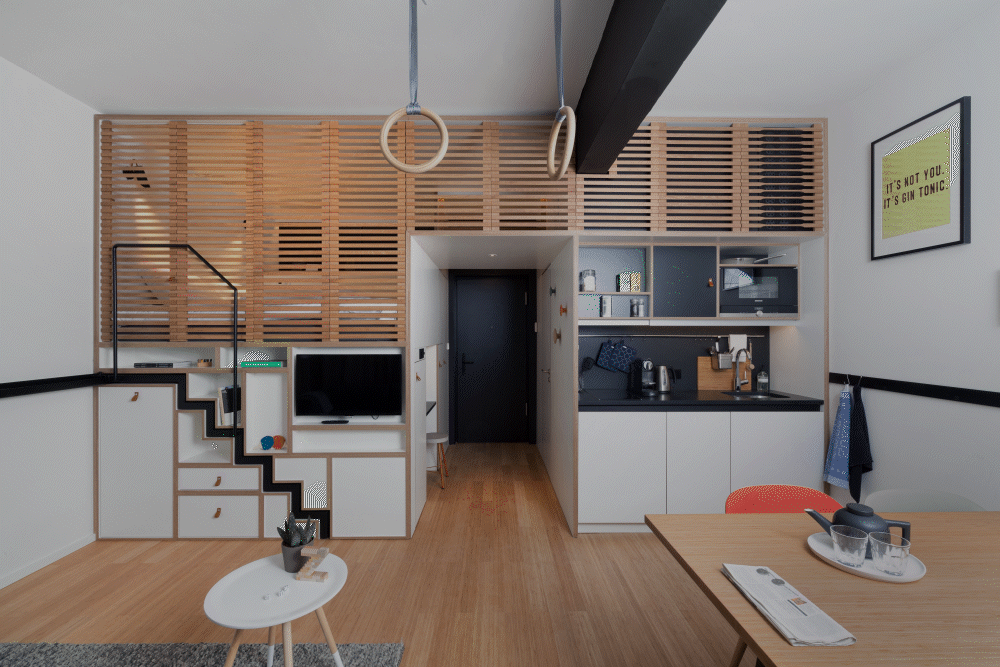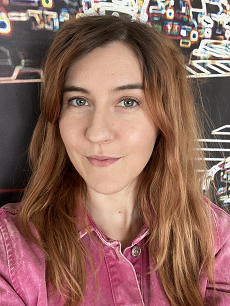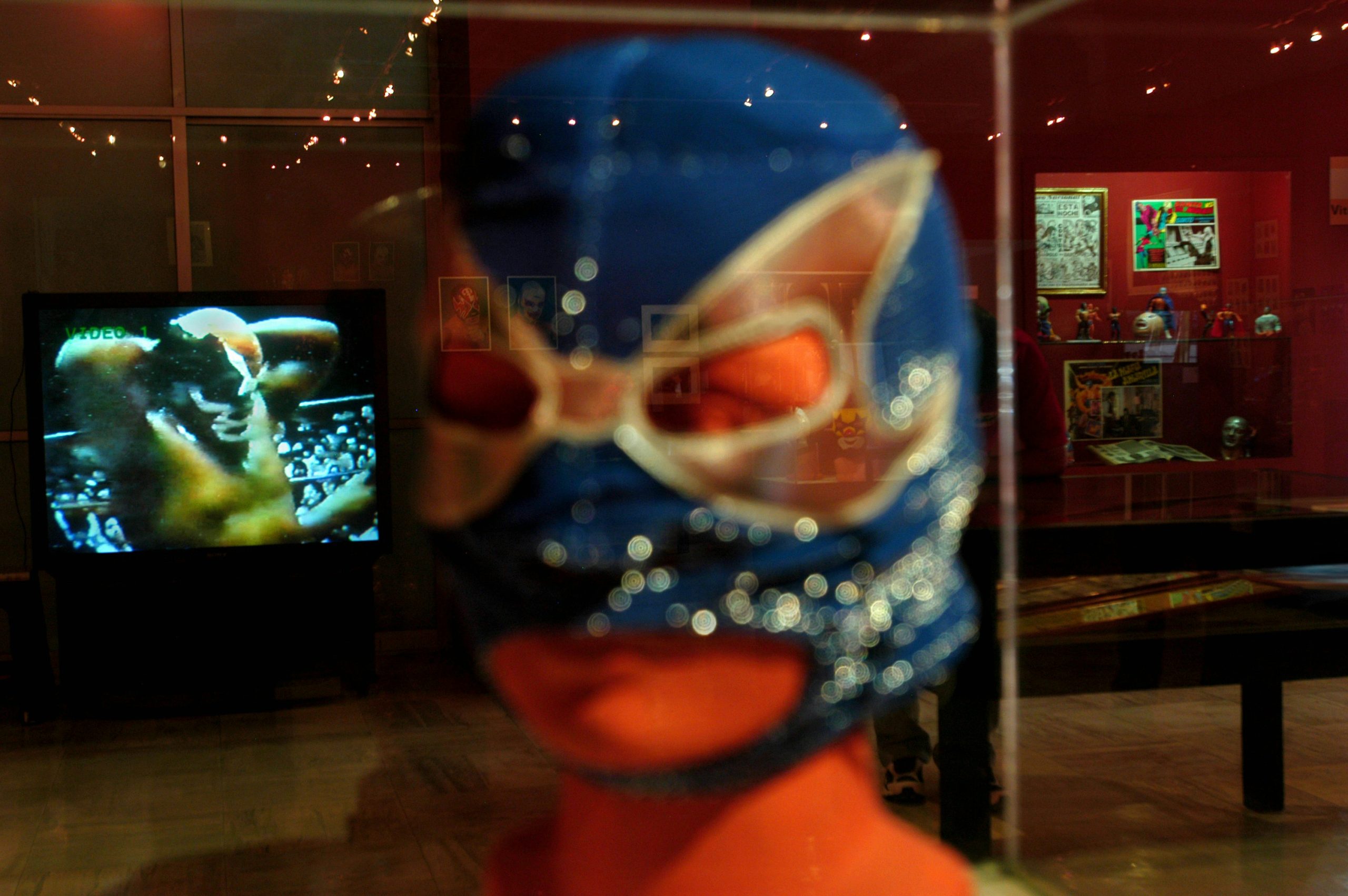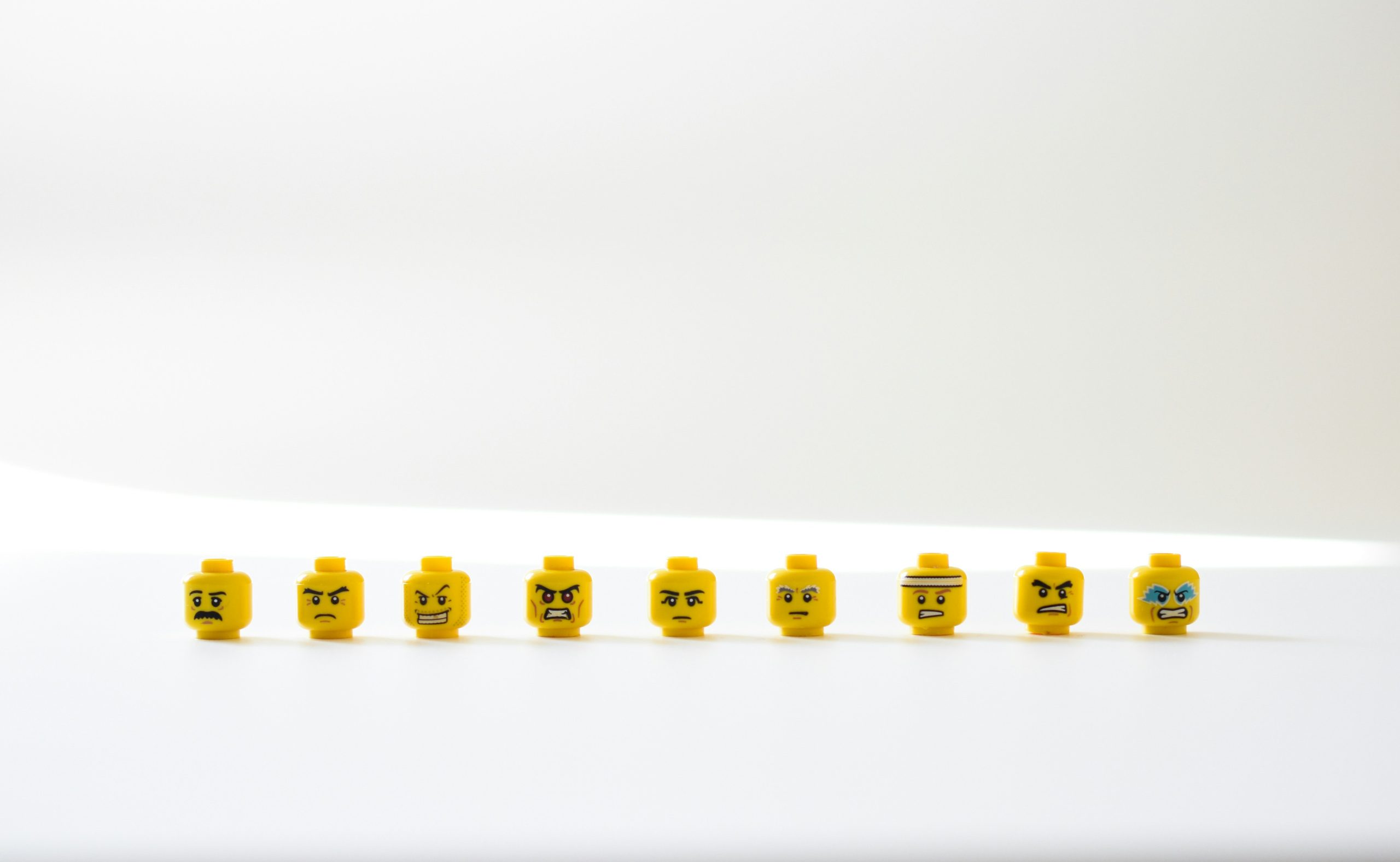WXO Case Studies tell the story of how experts across the Experience Economy have faced challenges, solved problems, and either pioneered new ideas or just figured out how to make something work really well.
We believe these experience-based ideas are highly transferable, and that you should be able to take what they discovered in their sector, and apply it in your area of the Experience Economy. If you’d like to share your own case study with the WXO community, please get in touch.
Francine Boon, Head of Development, and Victor van Doorn, CEO at Dutch escape room maker Sherlocked, and Veerle Donders, Concept and Brand Director at hotel concept Zoku Amsterdam, tell us how they joined forces to overcome the havoc that had been wreaked on both of their businesses by the continuing disruption of Covid restrictions. (We previously put Zoku’s Covid challenges to our community in The X Challenge, where our members had some suggestions for how they might overcome the hit to hospitality.)
- Pre-pandemic, both companies had secretly admired each other’s work, but time constraints and the demands of running busy businesses had prevented the partnership from blossoming.
- While the impact of Covid was signficant for both companies, it did give them the time and space to collaborate on an in-room escape game that drew attention to Zoku’s special, hidden features and promoted Sherlocked’s other games to guests.
- The resulting Escape Loft was a test of ingenuity, flexibility and trust, which has resulted in learnings and opportunities for both partners.
- They now hope to roll the concept out across the remaining 15 lofts at Zoku Amsterdam, and potentially at Zoku’s other lofts worldwide.
Who’s our Hero?
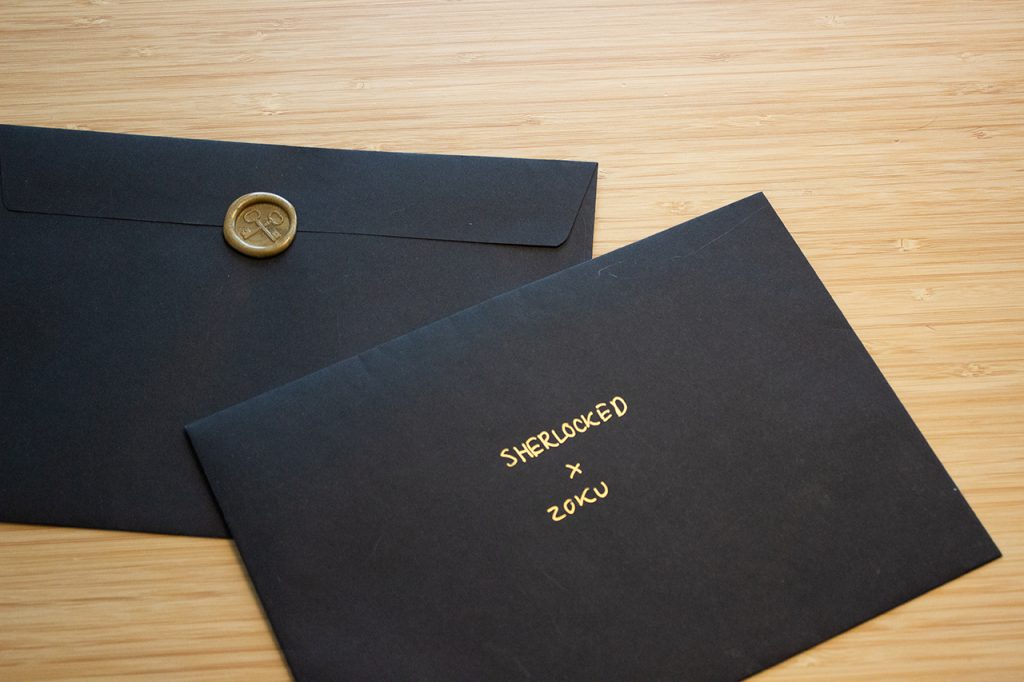
We believe stories Start With Who – so who’s the hero of this one? Who had a problem to solve?
Boon: There are three ‘people’ with a problem in this case: Zoku, who has incredible lofts that contain features so well integrated in its design that they’re missed during a short stay; Sherlocked, who had to close its doors due to lockdown in The Netherlands; and the (potential) players of the Escape Loft, who don’t have any leisure activities available to them due to these same Covid measures.
Sherlocked and Zoku joined forces to solve these problems by creating an adventure in Zoku’s rooms that is embedded within its design, giving people the opportunity to play a +/-45 minute fun and playful adventure available after 5pm because you stay the night – while in the meantime discovering all features the Loft has to offer.
What did the Old World look like?
How were things going? What was good or bad?
Donders: The Lofts are smart micro-apartments, designed for living comfortably and working efficiently. We started off wanting to create an entire apartment in the same space of a normal hotel room (which is 24 square metres). To achieve this, we stacked all the functionalities of a normal apartment on top of each other and pushed these functions to the back of the floorplan. This includes the bathroom, the kitchen, the pull-out staircase and lots of storage spaces, kind of like Tetris. The bed is elevated on top of these storage spaces and can be hidden out of sight, and many functions are stacked underneath the bed to save space.
This endless supply of cabinets, drawers, nooks and crannies, in combination with smart features like a pull-out washing line and heated shaving mirror compartment behind the bathroom mirror, are great – if you know where to find them. Our guests told us that because it’s such a smart space with so many details, it’s hard to discover every little detail about it in just one night. We wanted to answer their frustration by asking Sherlocked to help us create a playful discovery experience of these features in the form of an escape game.
When we launched our Lofts, we launched them as “The End of the Hotel Room”, so we’ve always been looking for the many ways we could use our lofts, other than for just sleeping and staying the night. We feel that traditional hotel rooms are only used to put heads in beds, because the bed is the most dominant piece of furniture in the room. With us, it’s the kitchen table, allowing for a whole new array of opportunities.
During the pandemic alone, we’ve re-invented them as day-offices, meeting rooms, podcast studios, private restaurants with our local partners at The Foodhallen and Michelin star chef Joris Bijdendijk from restaurant RIJKS, and mini-theatres with partner De Parade.
Who was your Mentor?
Did the people going on this journey have a mentor – either a real person or a way of thinking?
Boon: At Sherlocked, we always start the design process with the space we’re going to design for. You could say that this space is our mentor, guiding the flow and content of the game. As a principle in our designs, the puzzles, the look and feel, and the storyline all need to be in line with each other and with the space. By doing this, we can create the right circumstances for you to fully immerse yourself in the space and the game, and forget about everything else.
To illustrate: imagine for example that you play an adventure about a 17th-century salesman, and suddenly he uses modern street language in one of his letters, or you have to use modern electronics to open his chest. That would make you think ‘huh?’, and take you right out of the fiction and immersion of the moment. By taking the space as a starting point, building story and puzzles from there, and integrating all three with each other, we prevent the ‘huh?’ moment that breaks the fiction and flow.
At Zoku, there’s a naturally relaxed and playful vibe. The room also has a beautiful combo of Japanese and Scandinavian design, making great use of the space available by, for example, using a sliding staircase to get to your bed, or a washing line that’s almost invisibly integrated with the bathroom design. It’s also a space to relax and work, which made it important to not introduce distractions that might interfere with that during the rest of people’s stay. This offered us an interesting playground and design challenge.
Why did you at first refuse the Call?
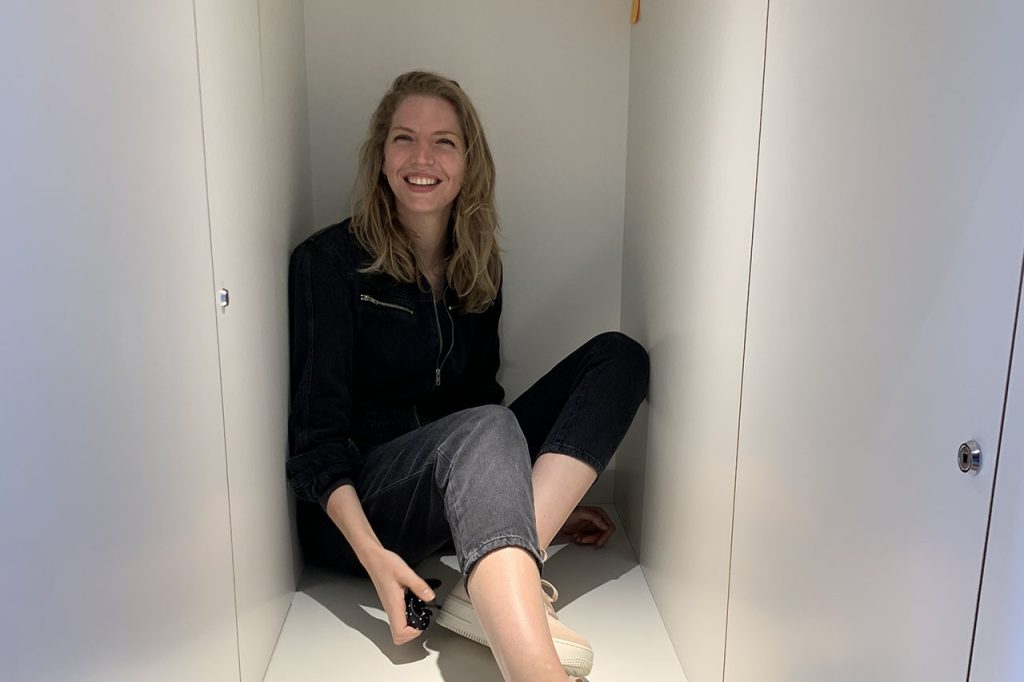
Why didn’t you action this before?
Donders: Zoku had toyed with the idea for an Escape Loft before, but we are such a small team we never had the time, nor the space, to answer that call. Zoku Amsterdam ran on extremely high occupancy before the pandemic (between 95 and 100%), making it almost impossible to set up a project team and block test Lofts for a new idea like this.
We’d admired Sherlocked and their knack for making beautiful, playful experiences for a while and knew we’d love to work with them, but we wanted to have enough time to do it properly. As a young and growing company you sometimes have to put great ideas on the back burner and focus on growth, which is what we did. But you could say the pandemic allowed for a whole new stream of creativity and playfulness within our company and Sherlocked has been so inspiring to work with, this tastes like more!
What was the Inciting Incident?
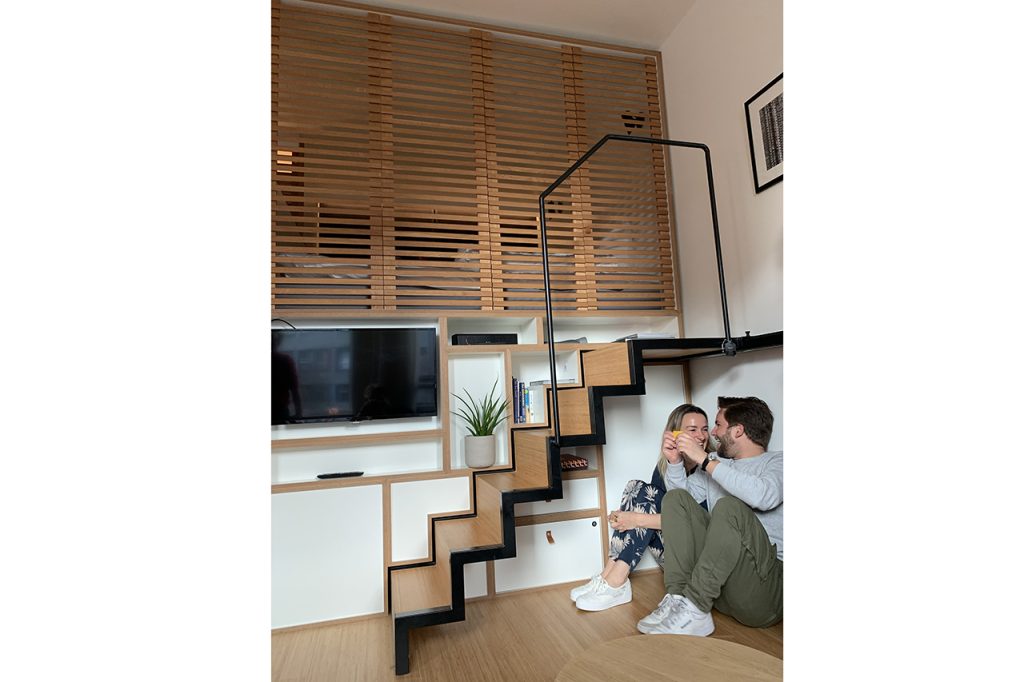
What changed?
Boon: I’ve always been a big fan of Zoku. Its such a peaceful, loving place to be. As companies, we’d been admiring each other for a long time without knowing it. Our brand values match very well: beautiful aestethics, suprise and delight, going the extra mile… We both value the experience of staying with us a lot. How spaces make you feel, that you go home almost a new version of yourself for experiencing what we have to offer. When Covid hit, it was hard for both our companies. Zoku saw its booking rate drop and Sherlocked had to close for months.
At Sherlocked, this was both a curse and a blessing. It gave us an opportunity to make other things and experiment. We created two online experiences, have multiple at-home mysteries in the making, and had time to explore collabs with people we found awesome already. Zoku’s enthusiasm to create something with us was so energizing! That energy boost was very welcome.
What would have happened if you hadn’t Crossed the Threshold?
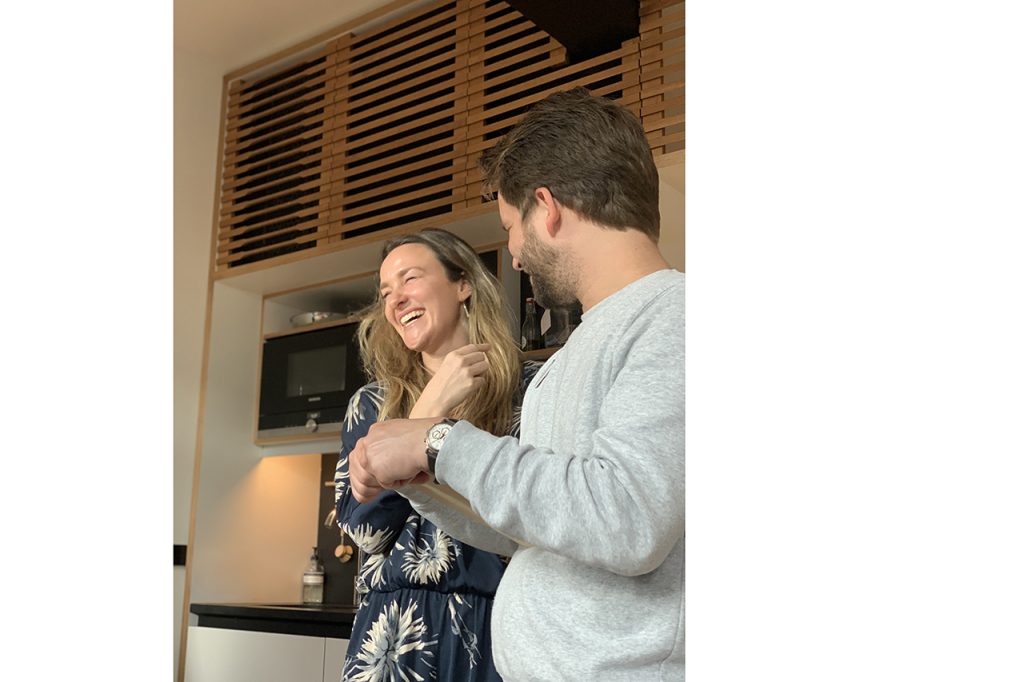
…or done what you’d always done before?
Donders: We wouldn’t have teamed up with such a great partner and invented something new like an escape room inside a hotel room, which would be such a shame. The aim is also that it creates a new revenue stream for both our companies – a small one for Zoku when people play the game and pay a small fee, but also for Sherlocked as a referral towards their longer, more elaborate escape rooms. Revenue we’d otherwise both have missed.
What Trials did you face?
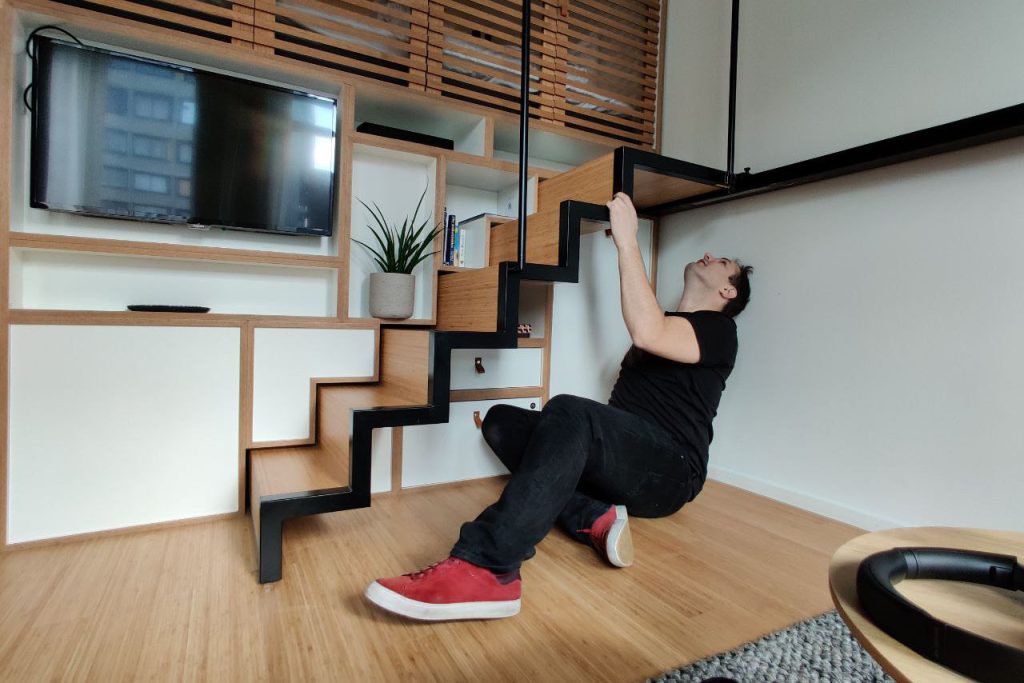
Lack of knowledge? Time? Money? Contacts?
Boon: It was a pioneering project so we had no examples to built on except our own experience in different contexts. This meant extra play-testing and iterating on the game, and getting to know the audience while designing.
In addition, in The Netherlands (as I can imagine, almost everywhere else), the Covid policies have been a bit all over the place. Since we started the project, the country has closed, opened up, closed, opened up a little and closed a little more again. It’s been challenging navigating that as a company while also creating new things. It challenged us to keep our set course as a company.
Donders: Just like Sherlocked, Zoku has had some tough times during this pandemic. Financially there wasn’t a lot of room for innovation and so we had to improvise on many accounts. Luckily Sherlocked helped us tremendously in creating lean prototypes to test out the games with potential guests.
Who were your Enemies?
Who stood in your way or tried to stop you?
Donders: The only enemy was the pandemic and the local regulations changing all the time. But we stayed flexible and everyone involved was positive and solution-oriented in their mentality, which made everything alright in the end.
Who were your Allies?
Who was on your side or helped you achieve your goal?
Boon: We’re hugely grateful for Samy, one of the members of the co-working space at Zoku and a dear friend of Victor van Doorn, the CEO of Sherlocked, who connected us with Veerle at some point. Its amazing to have friends that think ‘you guys should meet!’ and then magic happens.
We’ve also felt very supported by the team at Zoku. Their sidekicks (the people at reception) are enthusiastic, happy, and supportive in more ways than I had imagined. From bringing us surprise coffee to playtesting and asking us everything there is to know about experience design, we felt seen and appreciated!
The enthusiasm of Hans (Managing Director) and Veerle to work together and their trust to give us a carte blanche to explore the boundaries of the rooms while creating this experience have made this an inspiring and fun project for us as designers.
Donders: Same here! We are so immensely grateful for the enthusiasm of the entire Sherlocked team, and in particular Francine and Victor (Creative Director). Without their creativity and openness to an unexpected idea, we wouldn’t have been able to make this happen. It’s one thing wanting to turn your lofts into escape rooms, but actually creating these games is the next step and there’s nobody we’d rather have done it with, as they are the best in their field!
What Tools helped you on this journey?
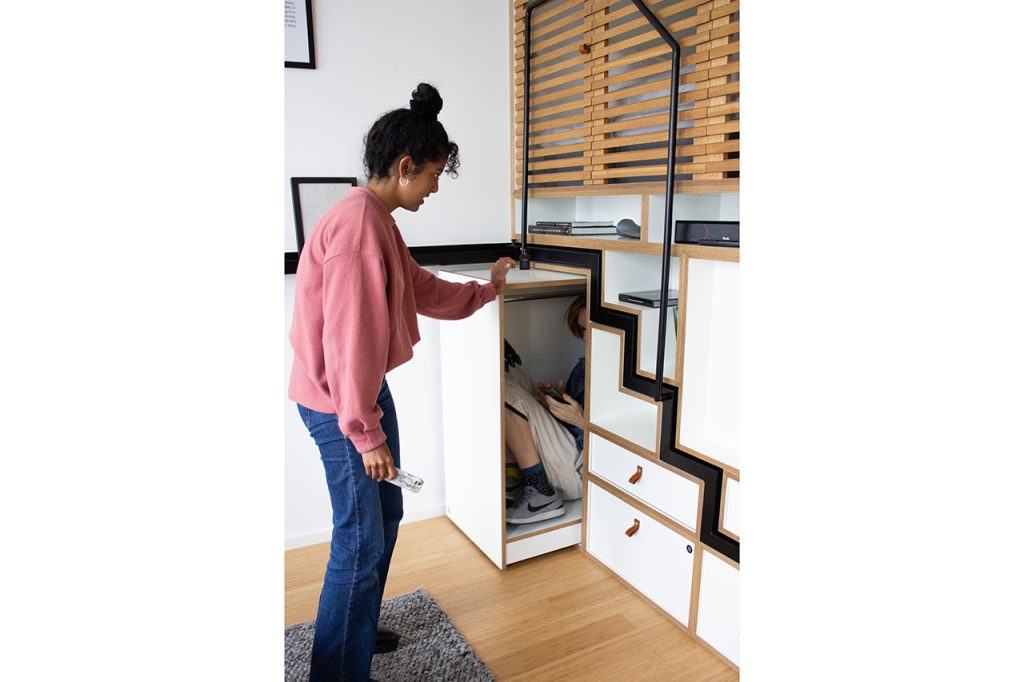
What’s the closest thing you had to King Arthur’s Sword, or Luke Skywalker’s lightsaber?
Boon: Post-Its! Sounds dull, but it’s amazing how much you can do with them while designing an escape game. Every puzzle you can find in Zoku’s Escape Loft started as (a series of) post-its. From cutting the sticky tops to create a perspective puzzle, only visible from a specific angle and point in the room, to post-its hidden in closets and corners. It’s a great tool to use to make a first draft of an adventure. Rapid prototyping, testing of assumptions, and iterating is one of our core design principles, and post-its make this possible.
Donders: Definitely the Post-Its! And our sticker machine, to create a good enough prototype for testing the Lofts with guests before going on to the real deal.
What was the biggest Ordeal?
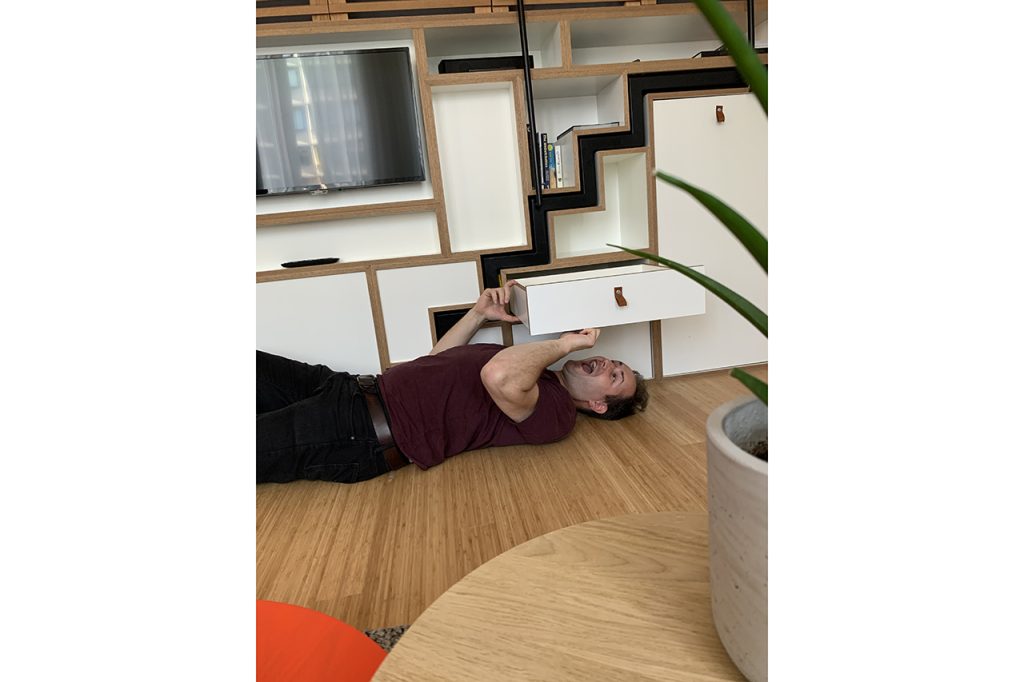
What was the toughest challenge you faced?
Boon: Embedding the experience into the space in a way that, if you just want to stay at your loft without any games, the design doesn’t interfere with your experience.
If you’ve ever played an escape room, you know that, in order to understand as a player what steps to take, you get nudged towards the right things by putting them in your field of vision, using marks, symbols, light, sound, and stuff that stands out among the other things in the space. This wasn’t an option in this design.
We solved this design challenge by using symbols that are in the same style as the rest of the markings in the room. We’ve hidden the game in plain sight: although almost all elements are visible to you when you’re staying in the loft, you’ll only recognize them as part of the game when you’ve opened up your mind to the possibility that there are game elements in the space. By giving you a sealed envelope in the beginning, alerting you to what’s part of the game and what is not, we reveal the ‘hidden layer’ to you and your adventure begins.
What was the Reward?
Think in terms of outputs and outcomes: outputs are what you produce, whereas outcomes are what happens as a result of the outputs.
Boon: Seeing people play! One of the things I love most about my work is helping adults get into playfulness again. As a kid, we’re allowed to learn everything through playing. At some point, that’s suddenly not the case anymore, even though playing is proven to be one of the best ways to learn new things, open up to new possibilities and discover traits about yourself you didn’t know you had.
With the lofts at Zoku, we could really get into play mode: from crawling into cupboards to hiding under stairs, climbing onto things and looking for clues, we invite people to find the kid in them and go on a quest of discovery and curiosity. Apart from being an invitation to play, it also functions as a marketing tool. The quest ends with a little prize, hidden in the safe, and an invitation to come play Sherlocked’s other games with a discount.
Donders: I totally agree, seeing people play and being able to see how much value it adds to their stay is the true reward. And hopefully a monetary reward will come from this as well for both parties.
How does the New World look now?
Now you’ve faced this challenge, what does it mean for you, your organization, and the world?
Donders: It means don’t look at the obvious choice. A “hotel room” can be so much more than a hotel room, and you don’t need to refurbish it to create something new every time. Sometimes it takes a pandemic to get you out of your comfort zone, but great things never come from comfort zones, right?
What might the next Journey be?
Thinking ahead, what might the challenges ahead look like?
Donders: Scaling up the experience will definitely be the next challenge. Getting the new experience out there with the right marketing so people understand its value, to get enough people to buy the game and so creating a budget to scale the experience from 10 lofts to the entire Zoku (125 Lofts). We’d even love to scale it internationally to our other Zokus in Copenhagen and Vienna. As this is the first test, the experience should prove itself in terms of guest experience value (e.g. great reviews), and a bit of revenue always helps as well!
For more case studies and learning frameworks from the Experience Economy, check out more Case Studies here.

